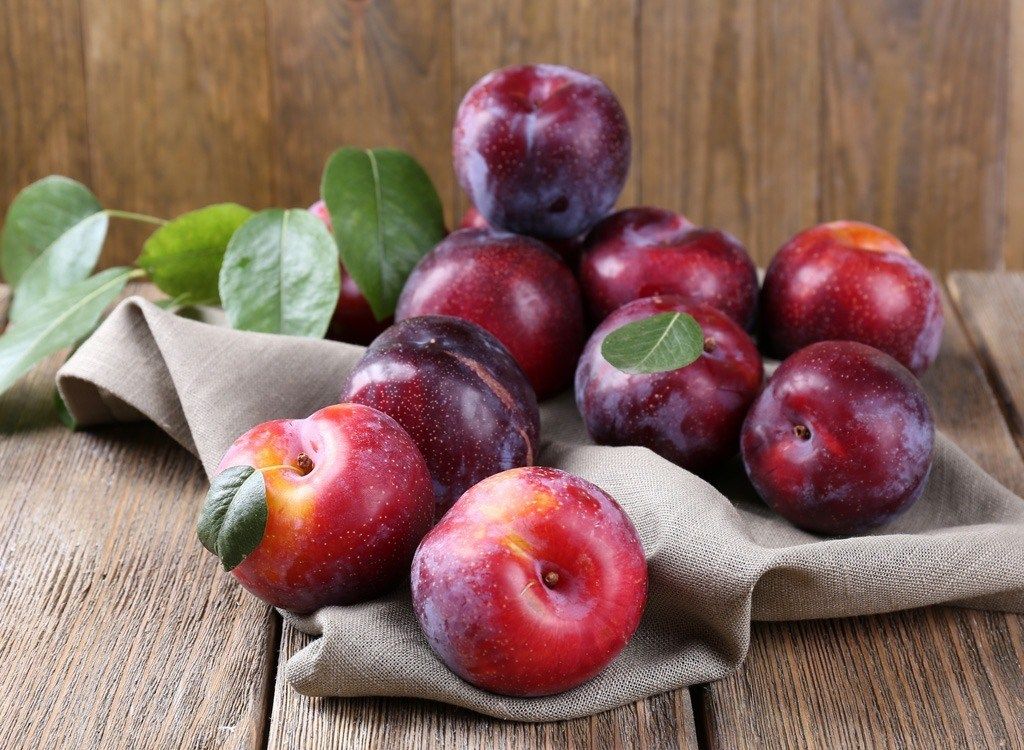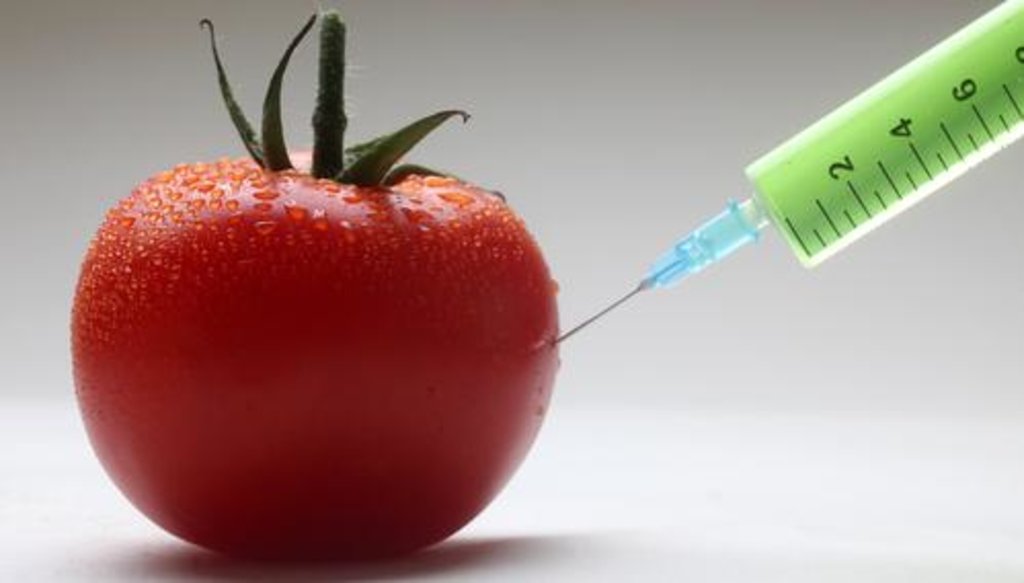Fruit Making Us Fat?
Eating fruit is one of the best ways to curb your appetite and moderate the number of calories you consume on a daily basis.
While many fruits are rich in micronutrients and beneficial for our health in the long term, they have large amounts of sugar, which can be a concern for individuals that have trouble managing their weight.
This has created many arguments in the medical community concerning recommended servings of fruit and whether consuming considerable quantities of fruit can have adverse effects.
This is a common misconception but this can easily be disclaimed when we take further look at some health and nutrition information.

Does Eating Too Much Fruit Make You Fat?
Fruits consist of high quantites of sugar, but more specifically fructose and glucose from the simple carbohydrates group.
Fructose in high enough concentrations can have negative side effects including high blood pressure, increased fat deposits in the muscles and liver, and even links to cancer in humans beings.
Fruits are composed of large quantities of water, some reaching up to 94% in content. The other parts of contents of fruit are minerals (iron, salt, magnesium, etc.), fiber, and acids (citric, malic, tartaric). In some fruits like olives and avocadoes there higher amounts of fats as well.
Misconception With Fructose in Fruits

The fallacy with fructose and fat gain originates from experiments conducted with human subjects. When they were given fructose in addition to their diets, the experiments concluded that they had a higher amount of fat deposited in the body and boosted cholesterol levels.
In the experiment, the amount of fructose given to the subjects was 3-4 grams per body weight, or 20-40 times the normal of fruit that any regular human would consume. If you would eat something 50 bananas or more in one day this would be comparable.
In contrast, we can analyze the fructose content of a peach. A single peach has about 1.2 grams of fructose in a normal size. To replicate the effects that occurred in the experiment with my body weight, I would have to eat around 260 peaches daily for weeks.
High fructose corn syrup has been prevalent over the past few years, as they’re often found prepared in many processed foods .
High fructose corn syrup in comparison to fructose has a higher ratio of glucose to fructose ratio. Typically fructose is 50:50 while high fructose corn syrup is 55:45.
Because of the higher ratio of fructose to glucose in high fructose corn syrup, you’ll more likely to reach to high threshold of your daily limit in comparison to fruit. Both fruit and soda have the same compositions of sugar, but soda’s more lethal because of the higher content of fructose.
The Wrap Up
Your fruits that you consume daily won’t get you fat but eating them in monstrous quantities will. Fructose can have negative consequences in large quantities regardless of your strict, regimented diet. High fructose corn syrup from processed foods and beverages are a larger concern than any of the natural foods we consume. Gaining fat from a diet rich in fruits shouldn’t be a concern, just focus on portioning your fruits like the rest of your food you eat daily.

